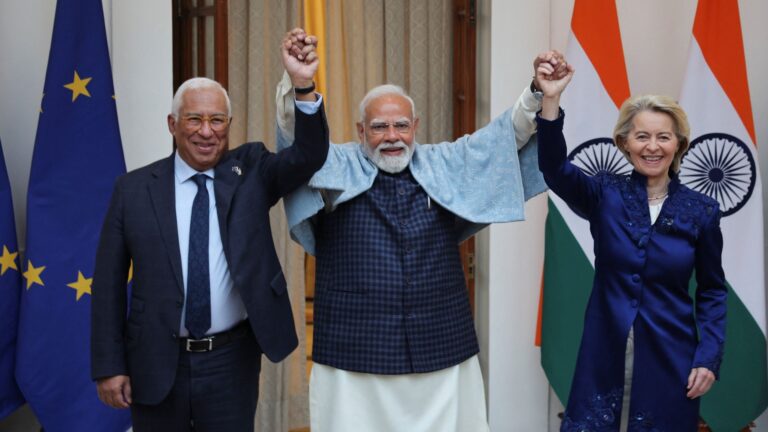
Entrepreneurs across Africa are leading a quiet economic revolution.

Africa was once labelled as the “dark continent” in global economic narratives, is now slowly rewriting its story. From foreign aid dependence to confident trade negotiations, it is embracing a new identity— She no longer begs, but bargains.
Africa is stepping into a new era. For decades, it has been perceived as a continent dependent on foreign aid, caught in a cycle of poverty and external assistance. Today, the tide is changing. A new generation of leaders, entrepreneurs, and regional alliances is pushing for self-reliance, innovation, and trade-first diplomacy.
The Historical Burden of Aid
Since the post-colonial period, Africa has received billions in aid from Western countries and multilateral institutions. While some of it supported health, education, and disaster relief, much of it came with strings attached. Conditionalities from the IMF and World Bank, exploitative trade deals, and corruption often prevented real development.
Many radical voices now argue that aid has become more of a trap than a solution. It has, at times, undermined local industries, discouraged innovation, and created cycles of dependency. The need for change was urgent, and Africa seems to have heard the call.
Africa—Trade, Innovation, and Intra-Regional Growth
The African Continental Free Trade Area (AfCFTA) is perhaps the biggest symbol of this transformation. Launched in 2019, it brings together 54 African countries into a single market, promising to boost intra-African trade.
With the AfCFTA, the nations are prioritizing building value chains within the continent, reducing import dependence, and fostering industrialization. Countries like Rwanda, Kenya, Ghana, and Nigeria are becoming hubs of fintech, manufacturing, and aggrotech. India and China are no longer just donors, they are now strategic trade partners.
The Youth Dividend and Digital Leap
Africa is the youngest continent, with over 60% of its population under 25. This youth wave is powering digital revolutions, mobile banking, and homegrown startups. Platforms like Flutterwave, M-PESA, and Jumia are rewriting its tech narrative.
Education reforms and internet penetration are also helping youth turn into job creators rather than job seekers. As this momentum builds, Africa is no longer just a passive recipient in the global economy—it’s becoming a contributor.

Challenges in Africa Remain, But the Tone Has Changed
Corruption, infrastructural gaps, political instability, and climate vulnerability still haunt parts of the continent. But unlike in the past, Africa is not waiting for Western solutions. Countries are collaborating regionally, investing in solar energy, digital governance, and even space tech.
The world is also beginning to recognise this shift. At forums like G20, COP summits, and BRICS meetings, African voices are more assertive. They are demanding fair trade, climate justice, and seats at decision-making tables.
The phrase “From aid to trade” is more than a slogan, it’s a strategic realignment. Africa, once seen through a lens of charity, is now stepping forward with clarity. By choosing trade, innovation, and unity, it is reclaiming its narrative, its economy, and its future.
For more such informative articles stay tuned at The World Times.



